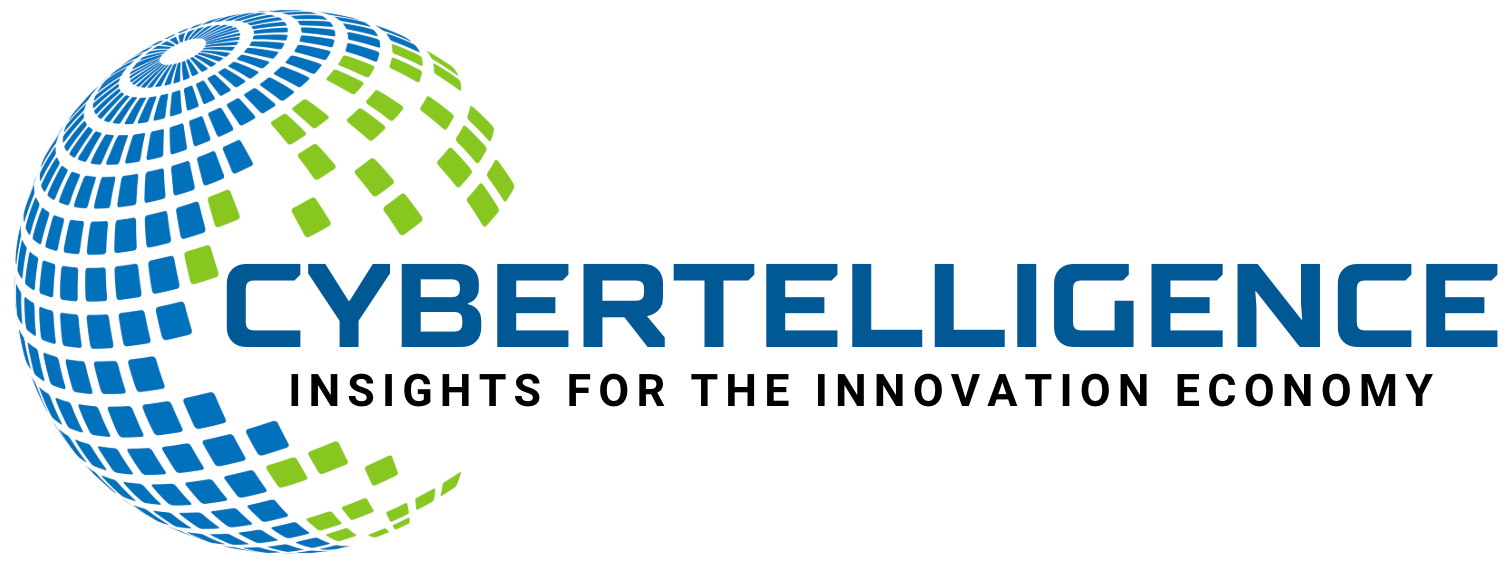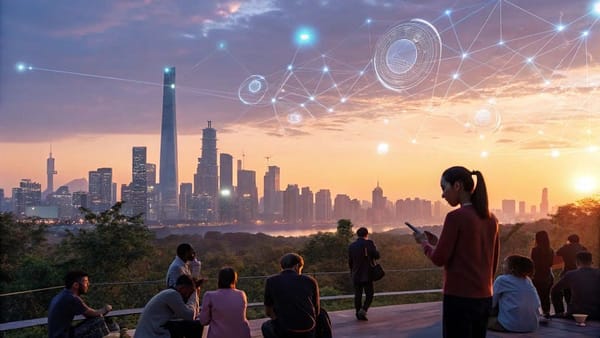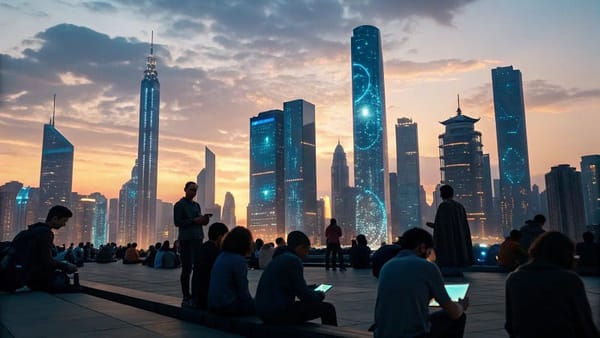AI Is Already Taking Tech Jobs: What You Need to Know
Artificial intelligence is no longer just a futuristic concept; it’s actively reshaping the tech job landscape today. In a candid memo…
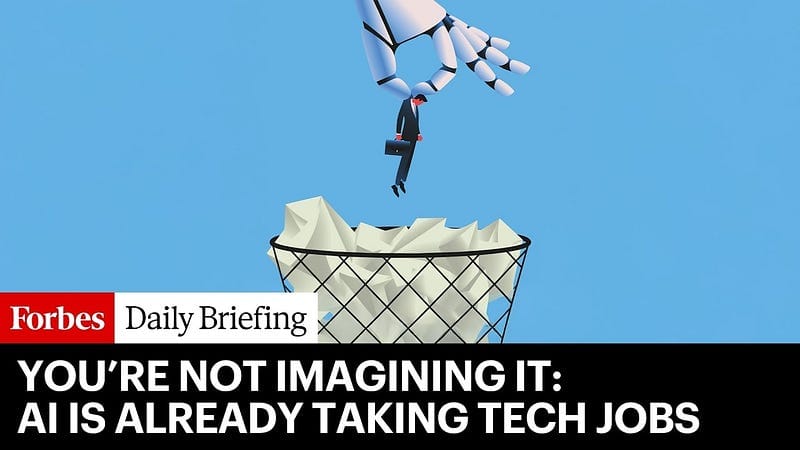
Artificial intelligence is no longer just a futuristic concept; it’s actively reshaping the tech job landscape today. In a candid memo circulated among employees at Fiverr, CEO Misha Kaufmann didn’t hold back: “AI is coming for your jobs. Heck, it’s coming for my job too. This is a wake-up call.” His message highlights a reality many in the tech industry are grappling with — AI is transforming how work is done, and those who don’t adapt risk being left behind.
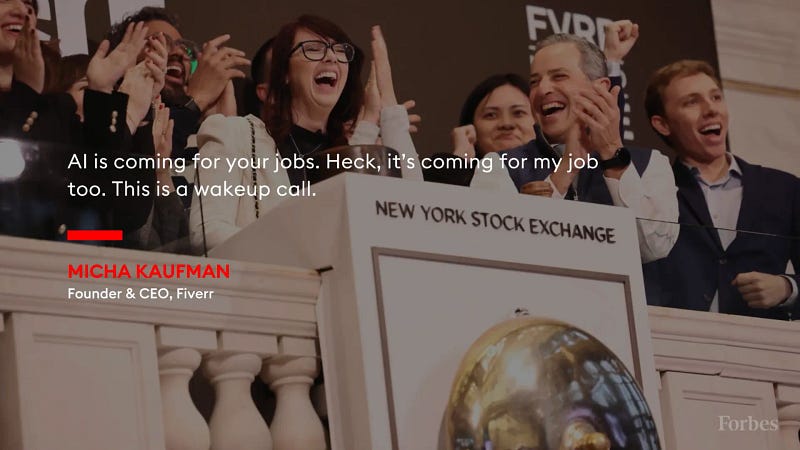
This article dives deep into the facts, fears, and future of AI’s impact on tech employment, drawing on expert insights and real-world examples from leading companies. Here’s what you need to know about how AI is already taking tech jobs and what it means for workers across the industry.
AI’s Transformative Power on Tech Work
Kaufmann’s memo outlines a compelling thesis on AI’s role in the workplace: AI will elevate everyone’s abilities. Tasks that were once difficult will become easy, easy tasks will turn into no-brainers, and what seemed impossible will merely become hard. Because AI tools are widely accessible and free to use, no one holds a monopoly on this advantage.
However, this also means a shakeup is inevitable:
- Those who fail to adapt will be “doomed.”
- Entry-level and less experienced programmers are already feeling the impact.
- Only exceptional employees will maintain a competitive edge in this new landscape.
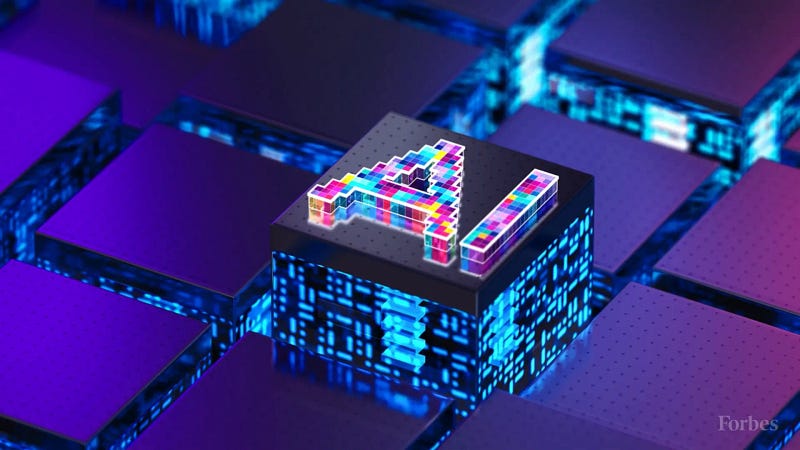
Entry-Level Developers Feeling the Pressure
RuYu Chen, a postdoctoral fellow at Stanford’s Institute for Human Centered AI, has analyzed large-scale payroll data from the HR company ADP. Her research shows a slight decline in employment rates for entry-level developers aged 18 to 25 since ChatGPT’s launch in 2022. While the drop is small, it’s a significant signal in an industry long known for high salaries and robust opportunities.
Chen also emphasizes that it’s not just about experience. In the age of AI, being average might no longer be enough. The market is becoming more competitive, favoring those who stand out:
“In the age of AI, only exceptional employees have an edge.”
Tech CEOs Acknowledge AI’s Job Impact
For years, industry leaders have spoken about AI as a tool for augmentation rather than replacement. That narrative is shifting. Several high-profile CEOs have openly discussed AI’s potential to disrupt jobs:
- Dario Amade, CEO of Anthropic: Predicts AI could eliminate half of all entry-level white-collar jobs and push unemployment up to 20% within five years.
- Andy Jassy, CEO of Amazon: Foresees a reduced corporate workforce as AI automates some roles, while creating new kinds of jobs.
- Toby Letka, CEO of Shopify: Announced hiring budgets will prioritize roles that cannot be automated by AI.
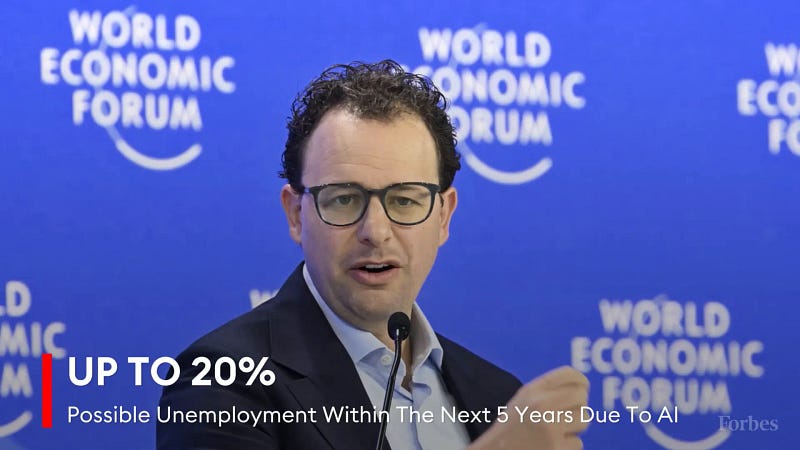
AI-Driven Layoffs and Hiring Freezes
AI’s influence is not just theoretical — it’s manifesting in workforce reductions and hiring policies across major tech companies:
- IBM: Replaced hundreds of human resources employees with AI in May, part of larger layoffs totaling 8,000 jobs.
- Duolingo: CEO Luis Van Ahn announced stopping contractor use for tasks AI can perform.
- Klarna: Cut 40% of its workforce partly due to AI investments.
- Microsoft: Laid off 9,000 employees (about 4% of its workforce) earlier this month. While AI was not explicitly cited, CEO Satya Nadella shared that AI now writes around 30% of the company’s code.
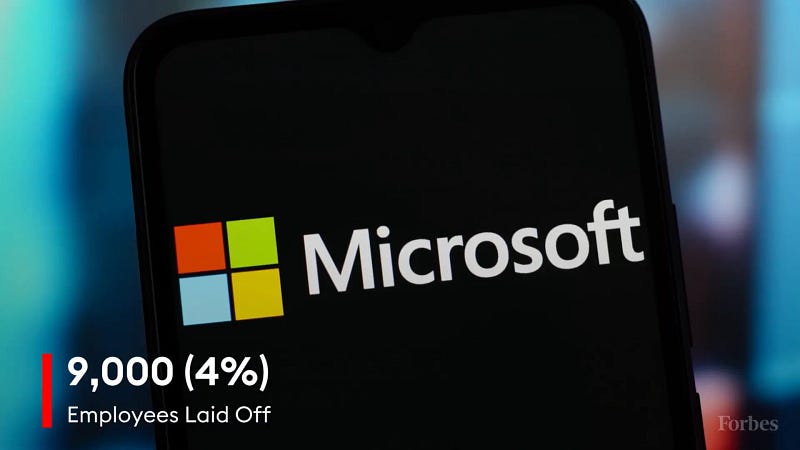
One Microsoft employee affected by the layoffs reflected,
“This is what happens when a company is rearranging priorities.”
Indeed, while AI plays a pivotal role, other factors such as economic uncertainty and pandemic-era overhiring also contribute to workforce shifts.
Understanding the Bigger Picture
The AI revolution is unfolding amidst a complex economic backdrop. Trade uncertainties, including erratic tariff policies, and attempts to correct staffing imbalances from the pandemic era are all influencing corporate decisions. Nonetheless, AI’s role as a catalyst for change in tech employment is undeniable.
As AI tools become more capable and affordable, the pressure mounts on workers and companies alike to adapt quickly. Those who embrace AI as a partner in productivity may find new opportunities, while others face significant challenges.
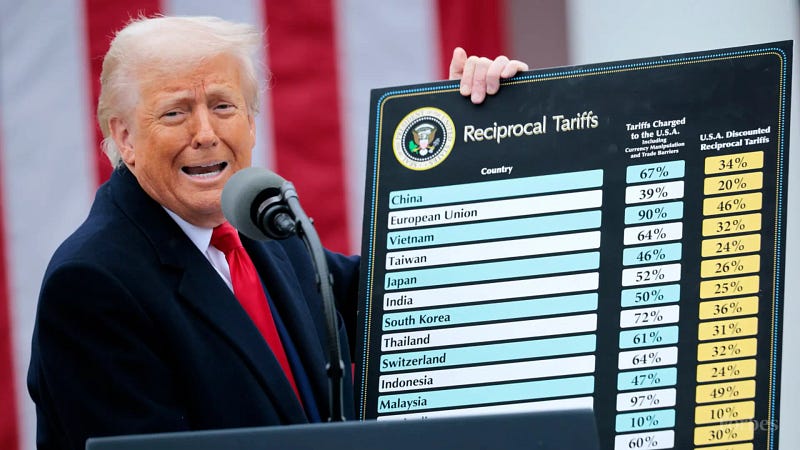
Conclusion: Adapting to the AI Era
AI is no longer a distant threat; it’s actively reshaping the tech workforce today. From entry-level developers to seasoned professionals, adaptation is essential. The companies leading the charge are already restructuring their teams and workflows to integrate AI, often resulting in layoffs or hiring freezes for roles AI can automate.
Success in this evolving landscape will depend on continuous learning, exceptional performance, and the ability to work alongside AI tools. The future of tech jobs will not be the same — it will be more demanding and competitive, but also full of new possibilities for those ready to evolve.
Frequently Asked Questions (FAQ)
Is AI really replacing tech jobs or just changing them?
AI is both replacing and transforming jobs in tech. Some routine and entry-level tasks are being automated, leading to layoffs or hiring freezes. However, AI also creates new opportunities requiring advanced skills and adaptability.
Which tech workers are most affected by AI?
Entry-level and less experienced developers are seeing the biggest employment impact. Additionally, workers who perform average rather than exceptional work may find it harder to compete in an AI-enhanced environment.
Are layoffs in tech solely due to AI?
Not entirely. While AI is a significant factor, economic uncertainty, pandemic-related overhiring, and shifting corporate priorities also play important roles in recent layoffs.
How can tech workers stay relevant in the age of AI?
Continuous learning, developing exceptional skills, and embracing AI as a productivity tool are key strategies. Workers should focus on tasks that require creativity, problem-solving, and human judgment — areas where AI currently falls short.
What are some examples of companies using AI to reduce their workforce?
Companies like IBM, Duolingo, Klarna, and Microsoft have either replaced employees with AI or cut jobs partly due to AI investments.
This article was created from the video AI Is Already Taking Tech Jobs
Unlock More AI Tools for Your Business & Life
Ready to discover even more powerful AI solutions & secure exclusive deals on cutting-edge AI tools that can transform the way you work and live.
Don’t miss out — boost your productivity and creativity today!
